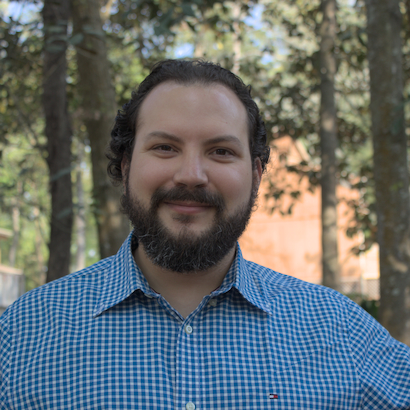About the Digitization Knowledge Base
The Digitization Knowledge Base aggregates resources for the digital description of biodiversity, especially, though not exclusively, that biodiversity curated as specimens in museums. We enhance the visibility of these valuable resources and make it easier to identify and fill gaps in community documentation.
Our Story
The initial content of the knowledge base came from the iDigBio wiki, a resource built by the community over more than a decade. While that site became a valued go-to place for finding content, with its growth, locating materials became cumbersome. This knowledge base represents a new iteration in compiling and sharing community knowledge, offering an experience for users, as well as new functionality, such as grouping of resources and commenting.
Account & Feature Access
Most of the functionality of the knowledge base is already available without account registration. However, registering for an account will allow you to save sets of resources as groups, perhaps for your own future reference or as a service to others, and comment on resources. Account creation is currently handled via a request form (Google Form). Once submitted, we will create your account. At this time, registration is limited to users whose described needs are compatible with the intent of the knowledge base and who can provide proof of affiliation with an organization from our community. Proof of affiliation occurs by use of a recognized organization’s domain in the provided email address.
| Not-Registered | Registered | |
|---|---|---|
Browse and view resource details |
✓ | ✓ |
Use all search interfaces |
✓ | ✓ |
View and search within public groups |
✓ | ✓ |
View comments on resources |
✓ | ✓ |
Access the Search API |
✓ | ✓ |
Create groups |
✗ | ✓ |
Post comments on resources |
✗ | ✓ |
Our Approach
Our approach is to serve as a central hub with links out to the wealth of resources created by the digitization community and hosted elsewhere. We enrich the records of those resources with detailed descriptions and structured metadata to power a robust search experience, allowing users to find materials through both faceted and full-text searches. This focus on metadata enhancement makes discovery faster and more intuitive. Furthermore, we foster a collaborative environment by enabling community discussion around each resource through a commenting system, helping to collectively advance our shared expertise.
Frequently Asked Questions (FAQ)
Maintainers

Fritz Pichardo Marcano
iDigBio's Digitization Resources Manager
Fritz leads the development and management of iDigBio's Knowledge Base. He tracks emerging methods and technologies in the field, identifies gaps in existing resources, and works on addressing these gaps by developing new protocols and guides. He also instructs digitization courses in Spanish for the Digitization Academy.
He has worked with natural history collections since his undergraduate studies at Universidad Autónoma de Santo Domingo. During his graduate work at Florida State University, he managed the herbarium collection and focused on geospatial methods for biodiversity data. His research background includes work on tropical plant phylogenetics at Memorial University of Newfoundland. Fritz is particularly interested in data management standards and how geospatial analysis can improve our understanding of biodiversity patterns.
Get Involved & Find Support
Report an Issue: If you encounter a bug or have a problem with the platform's functionality, please report it on our GitHub Issues page.
Contact Us: For other inquiries, you can reach us at fpichardomarcano@fsu.edu.
Missing a resource?
If you know of a valuable resource that is not yet included in the knowledge base, please share it in the Discussion space of the Knowledge Base GitHub repository.
Suggest a ResourceiDigBio is funded by grants from the National Science Foundation [DBI-1115210 (2011-2018), DBI-1547229 (2016-2022), & DBI-2027654 (2021-2026)]. Any opinions, findings, and conclusions or recommendations expressed in this material are those of the author(s) and do not necessarily reflect the views of the National Science Foundation.